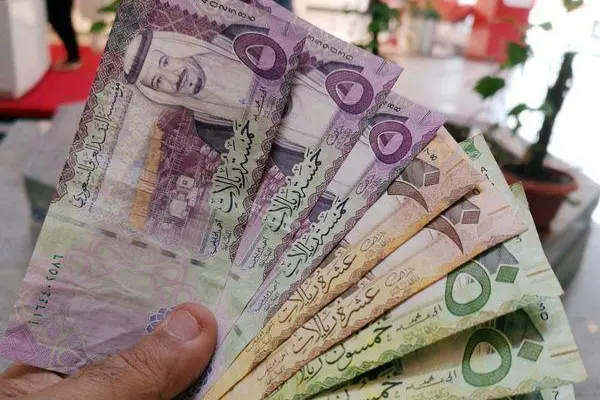PHOTO
Saudi headline annual inflation rose from 0.5 percent year-on-year (y-o-y) in June to 6.1 percent y-o-y in July, the highest since 2011, due to the tripling of VAT from 5 percent to 15 percent since 1 July. Investment bank MUFG expects inflation to hover between 4 and 6 percent y-o-y in the coming 12 months and to then turn negative by July 2021.
Saudi Arabia had announced in May that it would triple VAT as it moved to shore up finances impacted by the low oil prices and the coronavirus pandemic.
Ehsan Khoman, Director, Head of MENA Research and Strategy at MUFG, said: "With the economy facing challenges stemming from the oil-virus shocks, and labour market policies weighing on the expatriate workforce, price pressures are likely to remain subdued in the next year."
"Offsetting these deflationary dynamics, a weaker US dollar, given the Saudi riyal (SAR) peg, and a firming in commodity prices (oil and food), will counterbalance some of the inflation weakness from weaker private consumption," he added.
In July 2021, MUFG expects headline inflation to swing into negative territory primarily due to base effects. "The inflation trajectory in the coming 18 months is reminiscent of the inflation path during the initial introduction of VAT in January 2018 wherein base effects caused a sharp fall in annualised inflation one year later in January 2019," Khoman said in a note.
(Writing by Seban Scaria; editing by Daniel Luiz)
Disclaimer: This article is provided for informational purposes only. The content does not provide tax, legal or investment advice or opinion regarding the suitability, value or profitability of any particular security, portfolio or investment strategy. Read our full disclaimer policy here.
© ZAWYA 2020





















